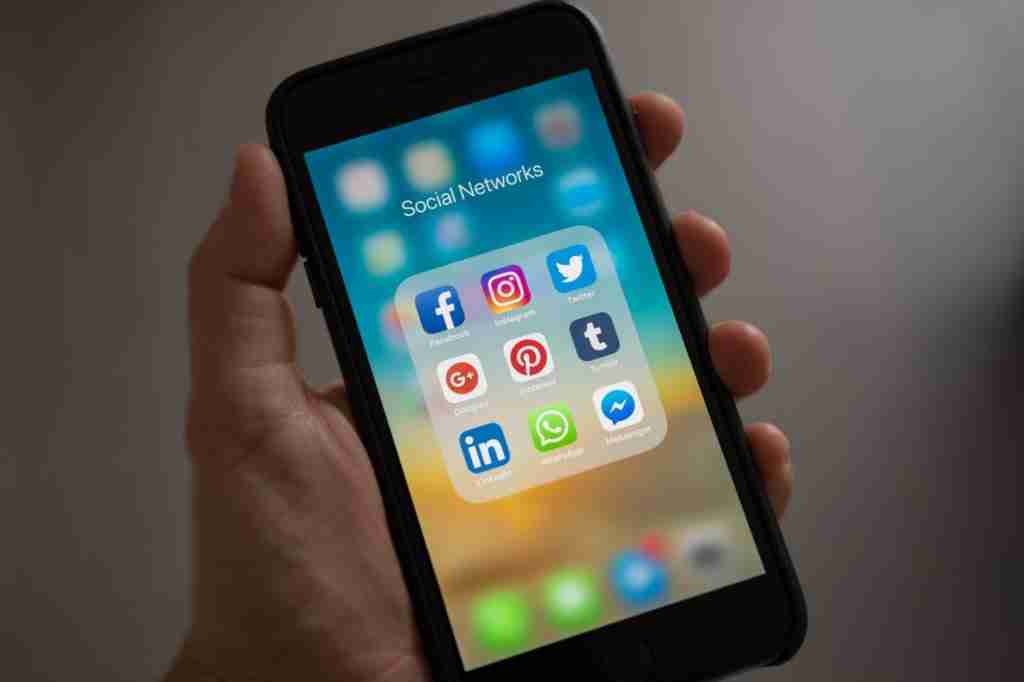Does Social Media Help or Hinder Your Therapy Process?
Whether you are struggling with a recent life event or have been working through mental health issues for a long period, therapy can play a major role in your healing process.
Social media has become more than just a place to share random photos and thoughts. When scrolling major platforms, you can easily discover tons of information related to mental health. But this begs the question – does social media help or hinder your therapy process? The answer is more complicated than it may seem on the surface.
In this article, we will explore the pros and cons of social media for mental health, as well as how to find the happy median between the two.
When It Helps: The Pros of Social Media for Mental Health
From a general standpoint, there is a widespread misconception that regular use of social media can harm a person’s mental health. The reality is that using social media in moderation has actually been shown to improve the average person’s well-being.
According to Mesfin Awoke Bekalu, a researcher at Harvard T.H. Chan School of Public Health:
“Routine social media use may compensate for diminishing face-to-face social interactions in people’s busy lives. Social media may provide individuals with a platform that overcomes barriers of distance and time, allowing them to connect and reconnect with others and thereby expand and strengthen their in-person networks and interactions.”
Looking at social media from a mental health standpoint, there’s a lot of good that can come from it when trying to get people help.
Telehealth and virtual therapy have grown immensely in popularity since 2020 – and this form of therapy has been proven to be effective. Oftentimes, social media is used as a tool to promote and advertise such types of therapy, and many therapists use their social media platforms to share informational graphics about mental health topics and facts.
Plus, social media makes mental health resources that have been previously inaccessible much easier to find for the people who need them – especially when it comes to learning healthy coping skills. Social media additionally gives people the opportunity to connect with like-minded individuals and share their experiences – leading to the formation of online support groups for specific issues.
When It Hurts: The Cons of Social Media for Mental Health
When it comes to social media profiles that specifically provide mental health information, their helpfulness is highly dependent on how a person is perceiving the content they are seeing.
The first big problem with social media from a mental health perspective is that it can be difficult to separate actual mental health professionals from everyday people claiming to be “mental health experts.” This can lead to the spreading of misinformation when the people viewing this type of content are not diligent about fact-checking or confirming the creator’s authority on the subject.
Additionally, there is evidence to suggest that social media can lower a person’s overall life satisfaction and intensify their “Fear of Missing Out, or FOMO.”
In 2020, research published in Social Psychiatry and Psychiatric Epidemiology stated that:
“Hours spent on social media and the Internet use were more strongly associated with self-harm behaviors, depressive symptoms, low life satisfaction, and low self-esteem than hours spent on electronic gaming and TV watching.”
Final Thoughts: Finding the Median
So – does social media help or harm you on your journey to improving your mental health?
The answer is that it depends. The usefulness of social media is reliant on the individual’s ability to self-regulate their own behavior. Overuse of social media and consuming content from unreliable sources can have drastically negative effects on a person’s overall well-being.
On the other hand, practicing self-moderation and using social media intentionally to seek help and better one’s self can be enormously positive.
Ultimately, it comes down to self-control – in both knowing when to seek community and help online and when to put the mobile device down.
